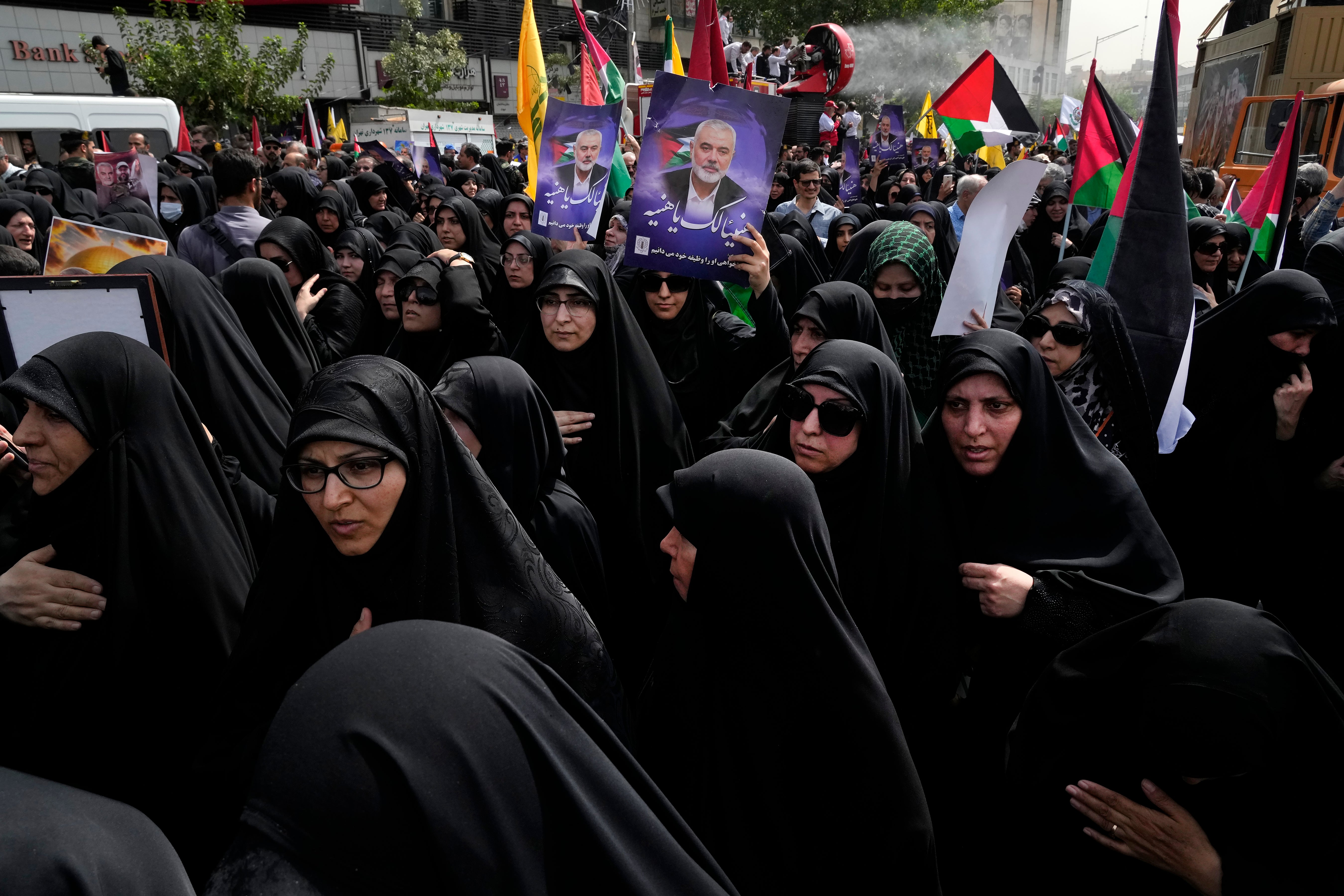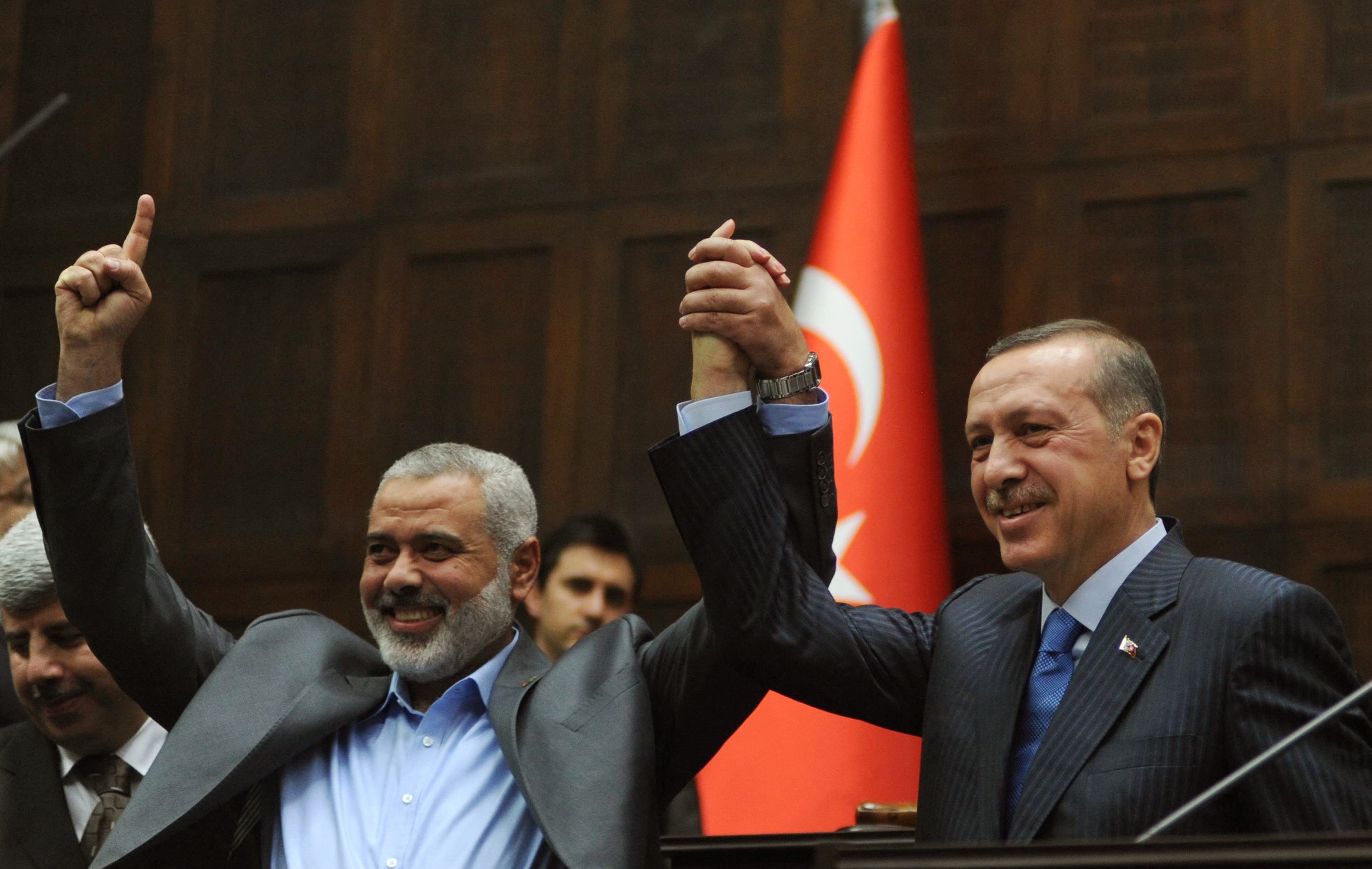Iran says short-range projectile killed Hamas political chief Ismail Haniyeh
Televised statement says rocket with a seven-kg warhead used to target residence of Hamas political leader
Your support helps us to tell the story
From reproductive rights to climate change to Big Tech, The Independent is on the ground when the story is developing. Whether it's investigating the financials of Elon Musk's pro-Trump PAC or producing our latest documentary, 'The A Word', which shines a light on the American women fighting for reproductive rights, we know how important it is to parse out the facts from the messaging.
At such a critical moment in US history, we need reporters on the ground. Your donation allows us to keep sending journalists to speak to both sides of the story.
The Independent is trusted by Americans across the entire political spectrum. And unlike many other quality news outlets, we choose not to lock Americans out of our reporting and analysis with paywalls. We believe quality journalism should be available to everyone, paid for by those who can afford it.
Your support makes all the difference.Iran’s Revolutionary Guard said a short-range projectile was behind the killing of Hamas political chief Ismail Haniyeh and accused the United States of supporting the attack which it blamed on Israel, state TV reported Saturday.
The televised statement said a rocket with a seven-kg (about 15-pound) warhead was used to target the residence of the Hamas political leader in capital Tehran on Wednesday, adding it caused heavy devastation, but didn't share details of the location.

Haniyeh was in Iran to attend the inauguration ceremony of the newly elected Iranian president Masoud Pezeshkian.
“The action was designed and carried out by the Zionist regime and supported by the US,” said the Guard's statement and reiterated a call for retaliation.
“The warmongering and terrorist Zionist regime will receive harsh punishment in the suitable time, place, and capacity," it added.

Israel had pledged to kill Haniyeh and other Hamas leaders over the group’s 7 October attack on southern Israel that sparked the war in Gaza.
The assassination has sparked fears of pushing the region into a wider conflict and forcing Iran and Israel into a direct confrontation if Iran retaliates.
In April, Iran launched hundreds of missiles and drones at Israel which the Jewish state said it intercepted 99 per cent of. It came less than two weeks after a suspected Israeli strike in Syria killed two Iranian generals, marking the first time Iran has launched a direct military assault on Israel, despite decades of enmity dating back to the country’s 1979 Islamic Revolution.
Iran does not recognize Israel and supports anti-Israeli militant groups like Hamas and Lebanese Hezbollah.
